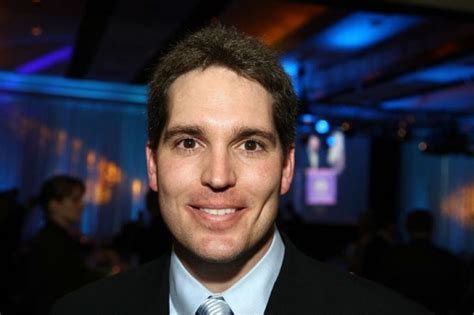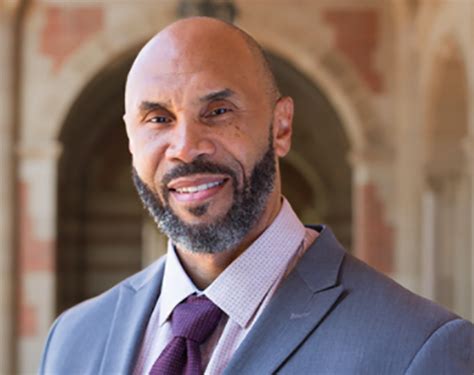A Quote by Robinson Jeffers
Related Quotes
There are fundamental tensions between the biological reality of the planet and the economic reality. To some extent you can adapt the economy, create a new set of rules and incentives to send it down a better track, but finally people in the first world are going to have to consume a whole lot less.
Keynesian modelling relies on marginal propensity to consume and marginal propensity to invest. The idea that if we give more money to the poor, they have a propensity to consume that's much higher than the wealthy, though I wish they would talk to my wife about that; she seems to have a propensity to consume.
Mindful consumption is the object of this precept. We are what we consume. If we look deeply into the items that we consume every day, we will come to know our own nature very well. We have to eat, drink, consume, but if we do it unmindfully, we may destroy our bodies and our consciousness, showing ingratitude toward our ancestors, our parents, and future generations.
Race is a core reality of American experience. Media images on television need to reflect that reality to help people who consume media and who don't have the day-to-day, face-to-face contact with others, or where that contact is minimal, to help them have a greater appreciation of other experiences and how they're all part of the American fabric.







































